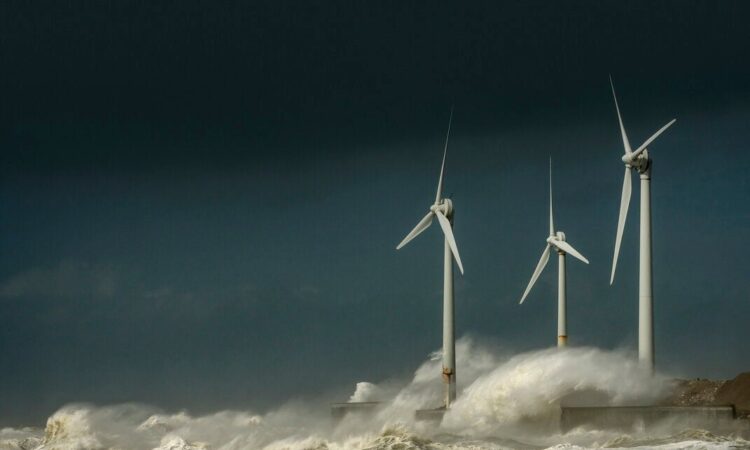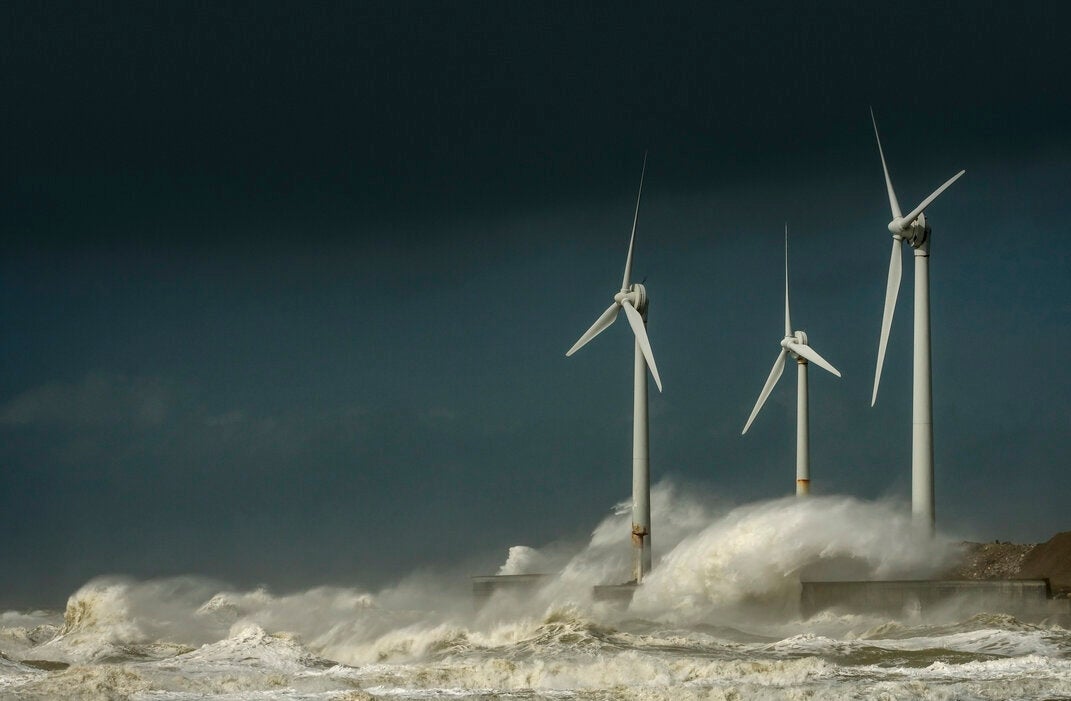

The European Commission on Monday announced in a press release its approval of a €2.08bn ($2.24bn) package to support floating offshore wind electricity production in France.
The measure, granted under EU state aid rules, will help the French government meet its renewable energy and environmental targets, as well as objectives relating to the EU’s energy transition strategies, the Commission said.
Executive Vice-President of the Commission Margrethe Vestager said in a statement: “The measure adopted today enables France to step up its renewable offshore production capacities, while limiting possible distortions of competition in the single market. It will contribute to achieving the ambitions of the EU Offshore Renewable Energy Strategy and the European Green Deal.”
The package will run for 20 years and will contribute to the construction and operation of a floating offshore wind farm off the coast of south Brittany. The wind farm has a planned capacity of 230–270MW and will generate 1TWh per year for 35 years.
The Commission said the recipient of the funding will be “selected via a transparent and non-discriminatory bidding process”. The winner of the funds will be announced in the second quarter of 2023.
The measure will be paid via a monthly variable premium under a two-way contract for difference (CfD) scheme. The premium will be calculated by comparing a reference price set by the tender offer of the winning bidder with the market price for electricity.
This comes shortly after warnings to the Commission from EU member states and lobbying groups about how mandatory use of CfDs in the electricity market could undermine competition and divert focus away from renewables. However, France remains in favour of CfDs as a method of regulating energy prices.
Floating offshore technology is still in its relative infancy in France. Until now, only small pilot projects have been developed. The commercial-scale wind farm being planned will be the first of its kind in the country.






